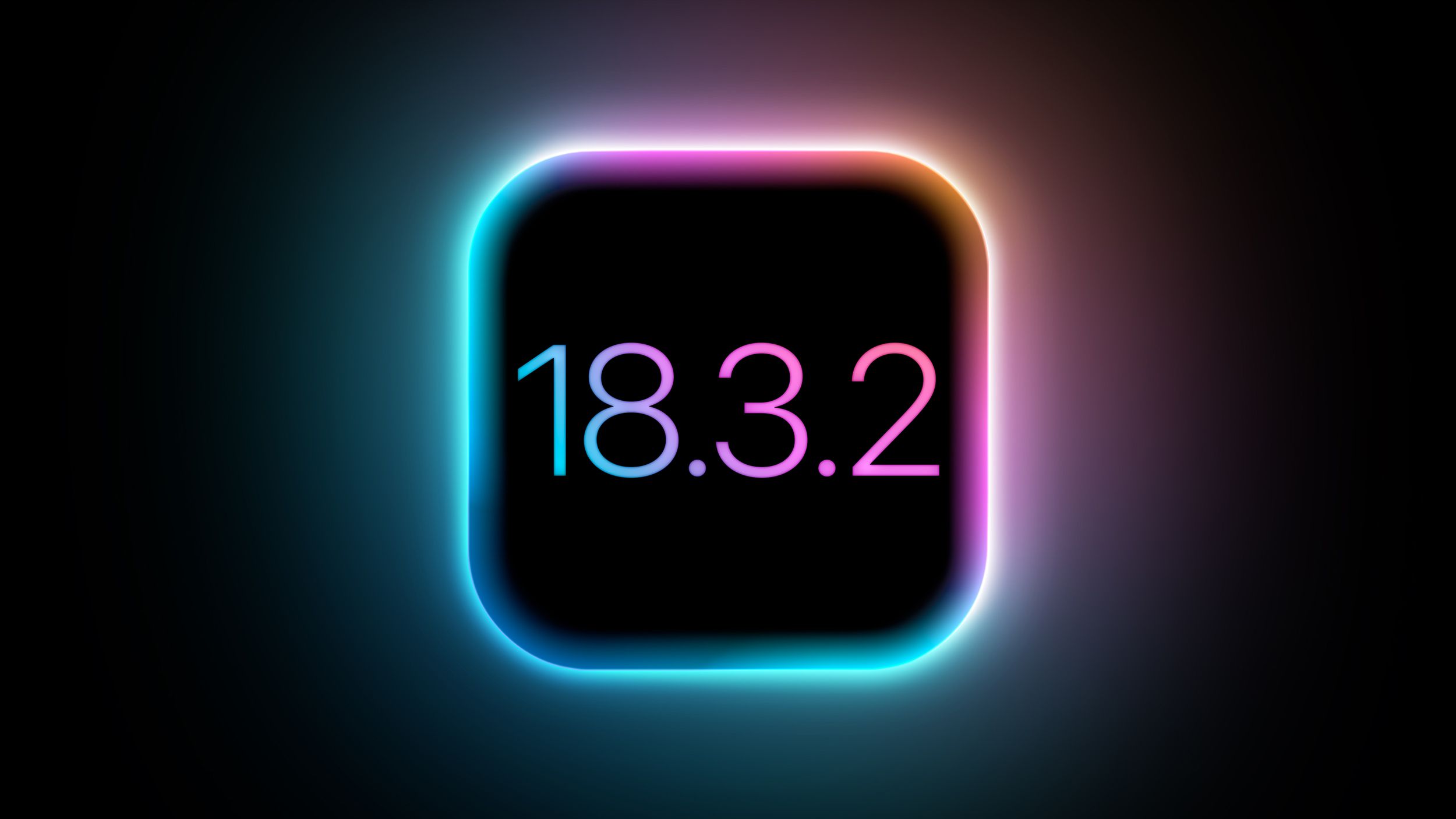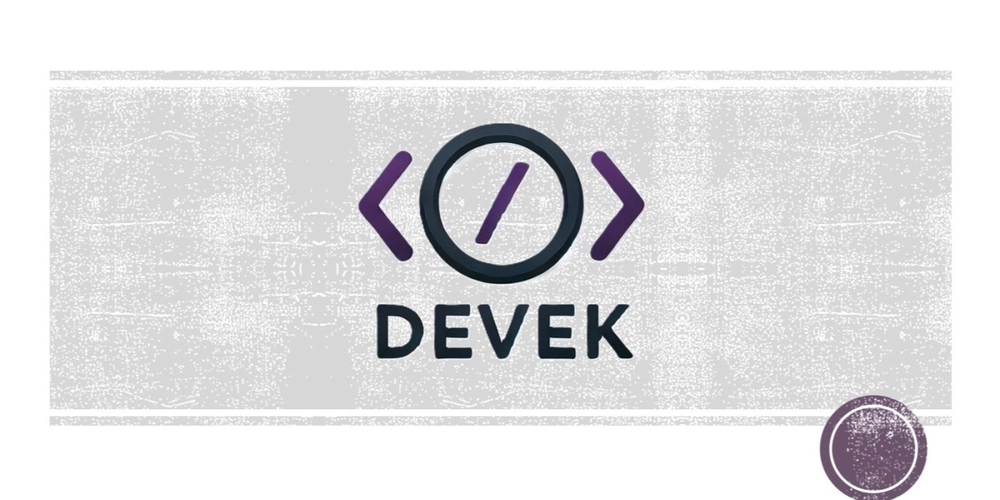Letting the power of Agentic AI: How Autonomous Agents are Revolutionizing Cybersecurity as well as Application Security
The following article is an introduction to the topic: Artificial Intelligence (AI) as part of the continually evolving field of cyber security, is being used by companies to enhance their security. As security threats grow increasingly complex, security professionals have a tendency to turn towards AI. AI has for years been used in cybersecurity is now being re-imagined as agentsic AI and offers flexible, responsive and context-aware security. This article examines the possibilities for agentic AI to improve security including the application that make use of AppSec and AI-powered vulnerability solutions that are automated. Cybersecurity The rise of Agentic AI Agentic AI relates to autonomous, goal-oriented systems that recognize their environment take decisions, decide, and take actions to achieve the goals they have set for themselves. Agentic AI is distinct from conventional reactive or rule-based AI because it is able to be able to learn and adjust to the environment it is in, and can operate without. For cybersecurity, this autonomy translates into AI agents who continually monitor networks, identify irregularities and then respond to dangers in real time, without constant human intervention. Agentic AI offers enormous promise for cybersecurity. The intelligent agents can be trained to identify patterns and correlates with machine-learning algorithms and large amounts of data. They can sort through the haze of numerous security threats, picking out the most crucial incidents, and providing actionable insights for quick reaction. Agentic AI systems are able to learn and improve their ability to recognize risks, while also being able to adapt themselves to cybercriminals' ever-changing strategies. Agentic AI (Agentic AI) as well as Application Security While agentic AI has broad application across a variety of aspects of cybersecurity, its influence on application security is particularly notable. Secure applications are a top priority in organizations that are dependent increasing on complex, interconnected software systems. AppSec techniques such as periodic vulnerability scanning as well as manual code reviews can often not keep up with current application development cycles. Agentic AI could be the answer. Integrating intelligent agents into the lifecycle of software development (SDLC), organizations can change their AppSec practices from reactive to proactive. AI-powered agents are able to keep track of the repositories for code, and analyze each commit in order to spot vulnerabilities in security that could be exploited. These agents can use advanced techniques like static code analysis as well as dynamic testing, which can detect various issues including simple code mistakes or subtle injection flaws. Agentic AI is unique in AppSec due to its ability to adjust and comprehend the context of any app. Agentic AI is able to develop an intimate understanding of app structures, data flow and attack paths by building an extensive CPG (code property graph) an elaborate representation that reveals the relationship between the code components. The AI is able to rank weaknesses based on their effect on the real world and also what they might be able to do and not relying on a generic severity rating. AI-powered Automated Fixing the Power of AI Perhaps the most exciting application of agentic AI in AppSec is the concept of automatic vulnerability fixing. When a flaw has been discovered, it falls upon human developers to manually review the code, understand the problem, then implement an appropriate fix. This process can be time-consuming with a high probability of error, which often can lead to delays in the implementation of critical security patches. Agentic AI is a game changer. game is changed. AI agents are able to discover and address vulnerabilities thanks to CPG's in-depth experience with the codebase. AI agents that are intelligent can look over all the relevant code to understand the function that is intended, and craft a fix which addresses the security issue without introducing new bugs or compromising existing security features. The AI-powered automatic fixing process has significant consequences. It will significantly cut down the time between vulnerability discovery and remediation, cutting down the opportunity for cybercriminals. It can alleviate the burden on developers and allow them to concentrate on developing new features, rather then wasting time trying to fix security flaws. In addition, by automatizing fixing processes, organisations can guarantee a uniform and reliable approach to security remediation and reduce the chance of human error or oversights. Challenges and Considerations It is vital to acknowledge the dangers and difficulties that accompany the adoption of AI agents in AppSec and cybersecurity. The issue of accountability and trust is an essential one. As AI agents are more independent and are capable of making decisions and taking actions indep
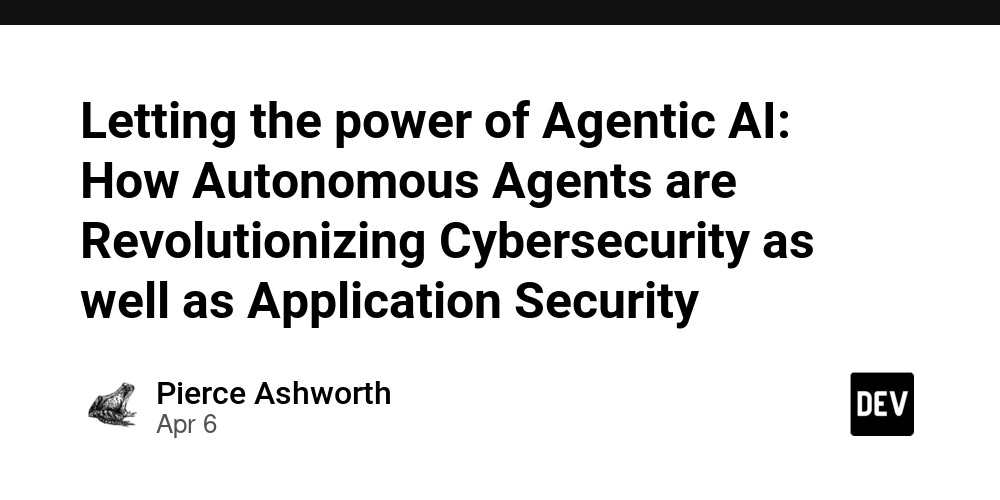
The following article is an introduction to the topic:
Artificial Intelligence (AI) as part of the continually evolving field of cyber security, is being used by companies to enhance their security. As security threats grow increasingly complex, security professionals have a tendency to turn towards AI. AI has for years been used in cybersecurity is now being re-imagined as agentsic AI and offers flexible, responsive and context-aware security. This article examines the possibilities for agentic AI to improve security including the application that make use of AppSec and AI-powered vulnerability solutions that are automated.
Cybersecurity The rise of Agentic AI
Agentic AI relates to autonomous, goal-oriented systems that recognize their environment take decisions, decide, and take actions to achieve the goals they have set for themselves. Agentic AI is distinct from conventional reactive or rule-based AI because it is able to be able to learn and adjust to the environment it is in, and can operate without. For cybersecurity, this autonomy translates into AI agents who continually monitor networks, identify irregularities and then respond to dangers in real time, without constant human intervention.
Agentic AI offers enormous promise for cybersecurity. The intelligent agents can be trained to identify patterns and correlates with machine-learning algorithms and large amounts of data. They can sort through the haze of numerous security threats, picking out the most crucial incidents, and providing actionable insights for quick reaction. Agentic AI systems are able to learn and improve their ability to recognize risks, while also being able to adapt themselves to cybercriminals' ever-changing strategies.
Agentic AI (Agentic AI) as well as Application Security
While agentic AI has broad application across a variety of aspects of cybersecurity, its influence on application security is particularly notable. Secure applications are a top priority in organizations that are dependent increasing on complex, interconnected software systems. AppSec techniques such as periodic vulnerability scanning as well as manual code reviews can often not keep up with current application development cycles.
Agentic AI could be the answer. Integrating intelligent agents into the lifecycle of software development (SDLC), organizations can change their AppSec practices from reactive to proactive. AI-powered agents are able to keep track of the repositories for code, and analyze each commit in order to spot vulnerabilities in security that could be exploited. These agents can use advanced techniques like static code analysis as well as dynamic testing, which can detect various issues including simple code mistakes or subtle injection flaws.
Agentic AI is unique in AppSec due to its ability to adjust and comprehend the context of any app. Agentic AI is able to develop an intimate understanding of app structures, data flow and attack paths by building an extensive CPG (code property graph) an elaborate representation that reveals the relationship between the code components. The AI is able to rank weaknesses based on their effect on the real world and also what they might be able to do and not relying on a generic severity rating.
AI-powered Automated Fixing the Power of AI
Perhaps the most exciting application of agentic AI in AppSec is the concept of automatic vulnerability fixing. When a flaw has been discovered, it falls upon human developers to manually review the code, understand the problem, then implement an appropriate fix. This process can be time-consuming with a high probability of error, which often can lead to delays in the implementation of critical security patches.
Agentic AI is a game changer. game is changed. AI agents are able to discover and address vulnerabilities thanks to CPG's in-depth experience with the codebase. AI agents that are intelligent can look over all the relevant code to understand the function that is intended, and craft a fix which addresses the security issue without introducing new bugs or compromising existing security features.
The AI-powered automatic fixing process has significant consequences. It will significantly cut down the time between vulnerability discovery and remediation, cutting down the opportunity for cybercriminals. It can alleviate the burden on developers and allow them to concentrate on developing new features, rather then wasting time trying to fix security flaws. In addition, by automatizing fixing processes, organisations can guarantee a uniform and reliable approach to security remediation and reduce the chance of human error or oversights.
Challenges and Considerations
It is vital to acknowledge the dangers and difficulties that accompany the adoption of AI agents in AppSec and cybersecurity. The issue of accountability and trust is an essential one. As AI agents are more independent and are capable of making decisions and taking actions independently, companies need to establish clear guidelines and oversight mechanisms to ensure that the AI follows the guidelines of behavior that is acceptable. This includes the implementation of robust testing and validation processes to ensure the safety and accuracy of AI-generated changes.
Another concern is the threat of attacks against the AI system itself. Hackers could attempt to modify information or take advantage of AI models' weaknesses, as agents of AI models are increasingly used in the field of cyber security. This is why it's important to have secured AI development practices, including techniques like adversarial training and the hardening of models.
The quality and completeness the code property diagram can be a significant factor to the effectiveness of AppSec's AI. Building and maintaining an accurate CPG requires a significant budget for static analysis tools, dynamic testing frameworks, as well as data integration pipelines. Organizations must also ensure that they ensure that their CPGs keep on being updated regularly so that they reflect the changes to the codebase and evolving threats.
Cybersecurity Future of artificial intelligence
However, despite the hurdles and challenges, the future for agentic AI for cybersecurity appears incredibly positive. Expect even better and advanced self-aware agents to spot cyber-attacks, react to them, and minimize their impact with unmatched accuracy and speed as AI technology advances. For AppSec the agentic AI technology has an opportunity to completely change how we design and secure software. This will enable organizations to deliver more robust as well as secure applications.
link here of AI agentics to the cybersecurity industry offers exciting opportunities to coordinate and collaborate between security processes and tools. Imagine a future where autonomous agents are able to work in tandem across network monitoring, incident response, threat intelligence and vulnerability management, sharing insights as well as coordinating their actions to create a comprehensive, proactive protection against cyber-attacks.
It is important that organizations accept the use of AI agents as we move forward, yet remain aware of the ethical and social implications. Through fostering a culture that promotes accountable AI development, transparency, and accountability, it is possible to make the most of the potential of agentic AI in order to construct a secure and resilient digital future.
Conclusion
In the rapidly evolving world of cybersecurity, the advent of agentic AI represents a paradigm change in the way we think about the identification, prevention and elimination of cyber-related threats. Through the use of autonomous agents, particularly when it comes to the security of applications and automatic vulnerability fixing, organizations can improve their security by shifting from reactive to proactive shifting from manual to automatic, as well as from general to context sensitive.
Agentic AI presents many issues, yet the rewards are more than we can ignore. As we continue to push the boundaries of AI for cybersecurity, it's important to keep a mind-set of continuous learning, adaptation as well as responsible innovation. Then, we can unlock the full potential of AI agentic intelligence for protecting companies and digital assets.
link here













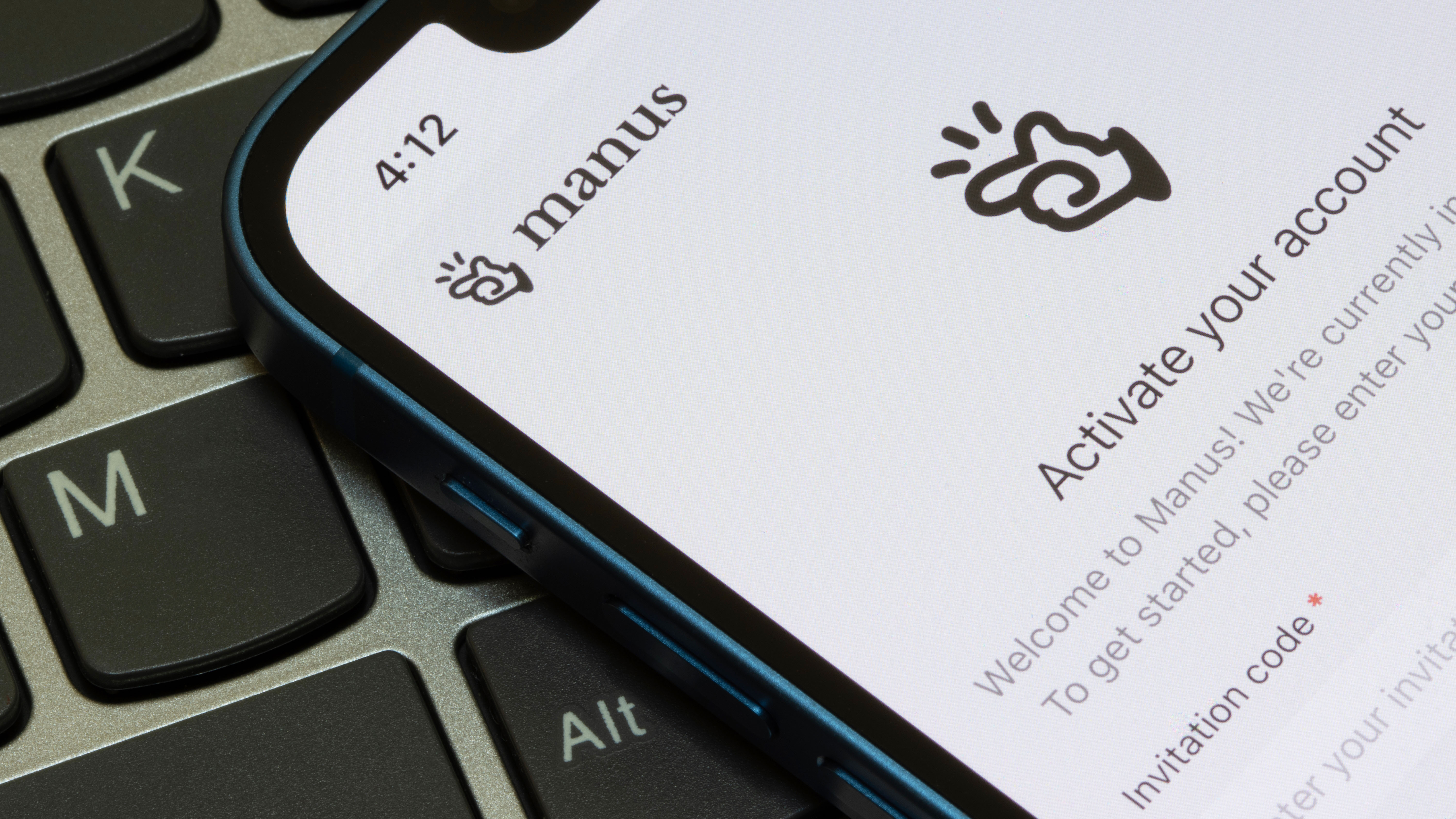







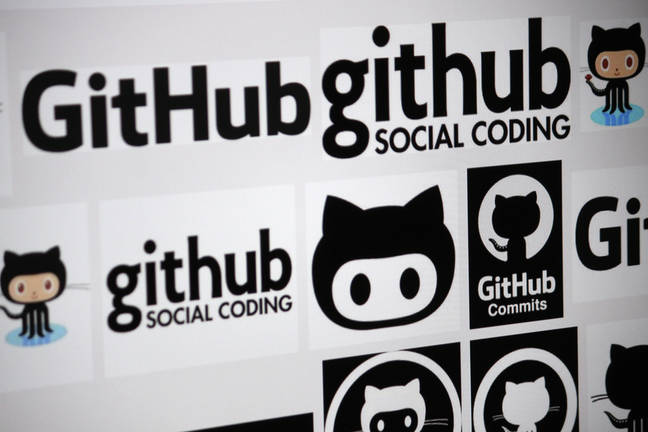


















































































































































![[The AI Show Episode 142]: ChatGPT’s New Image Generator, Studio Ghibli Craze and Backlash, Gemini 2.5, OpenAI Academy, 4o Updates, Vibe Marketing & xAI Acquires X](https://www.marketingaiinstitute.com/hubfs/ep%20142%20cover.png)


















































































































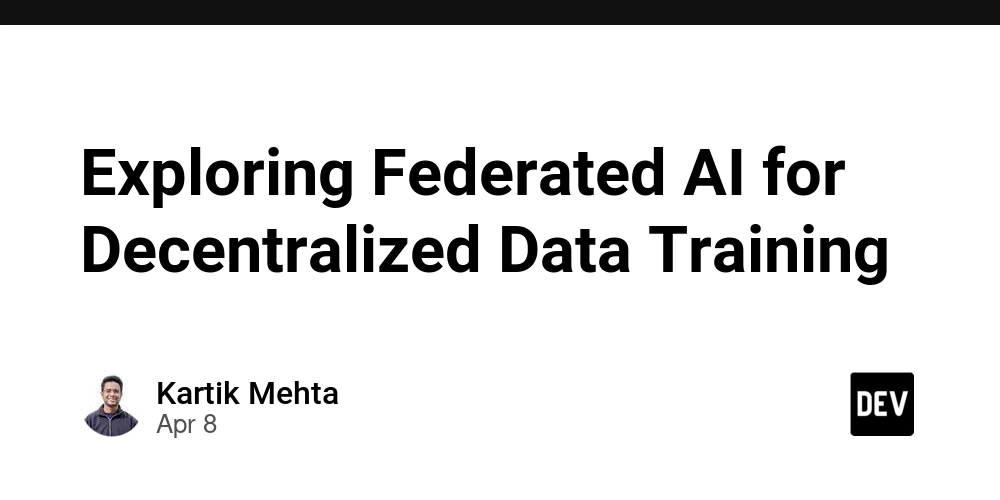













![From drop-out to software architect with Jason Lengstorf [Podcast #167]](https://cdn.hashnode.com/res/hashnode/image/upload/v1743796461357/f3d19cd7-e6f5-4d7c-8bfc-eb974bc8da68.png?#)













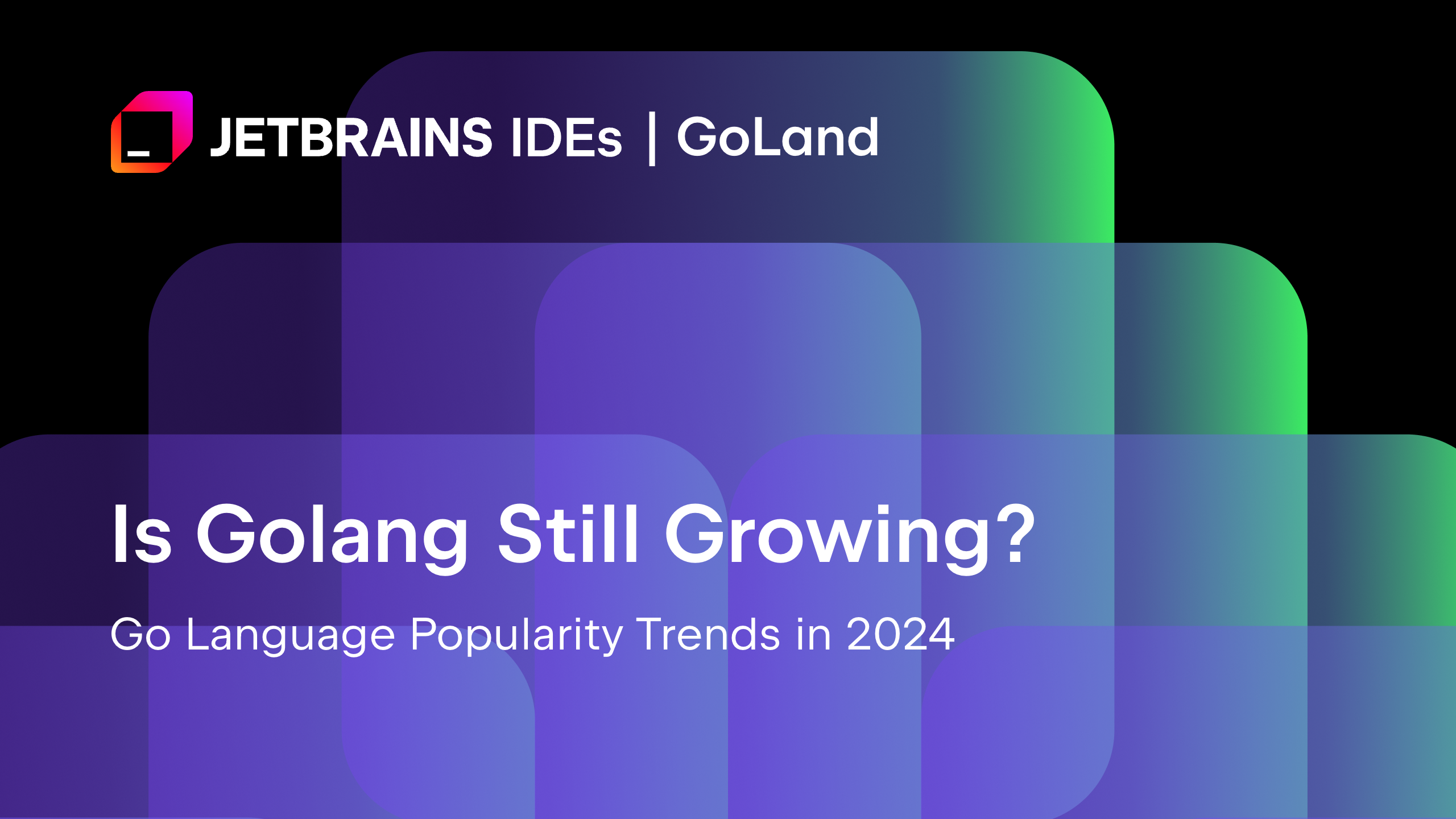

























































































.png?#)






(1).jpg?width=1920&height=1920&fit=bounds&quality=80&format=jpg&auto=webp#)






























_NicoElNino_Alamy.png?#)
.webp?#)
.webp?#)















































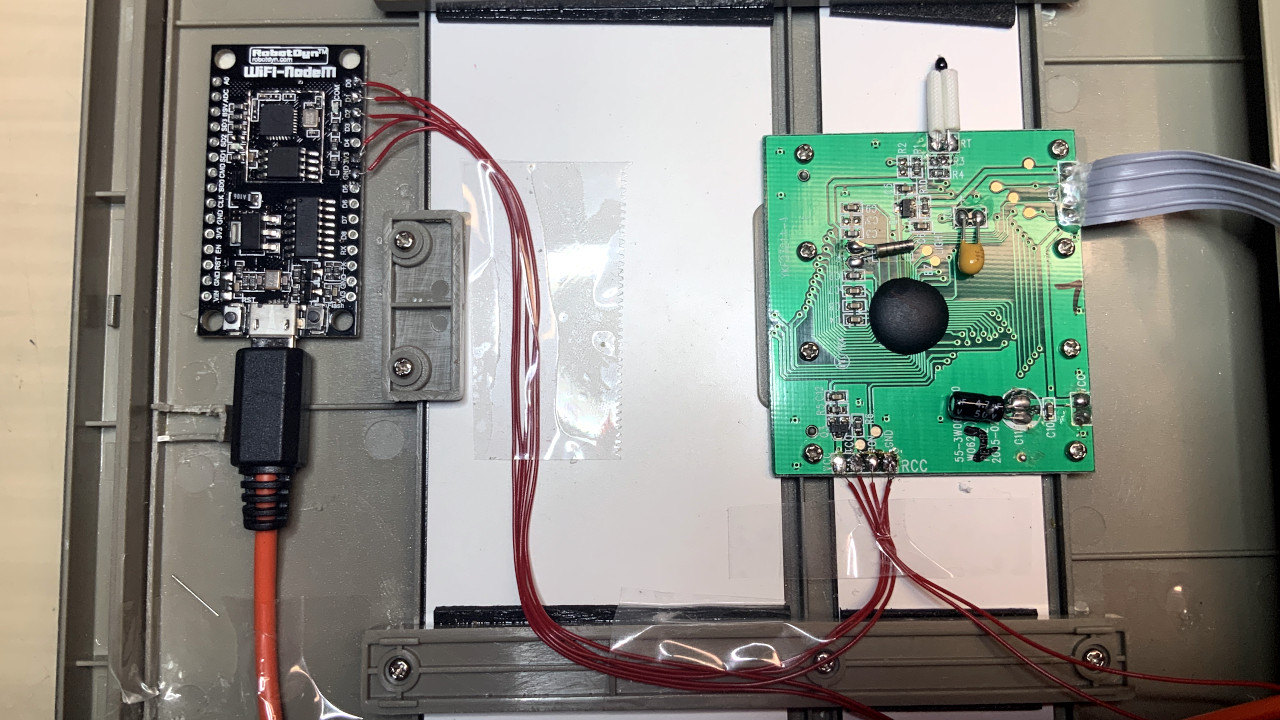

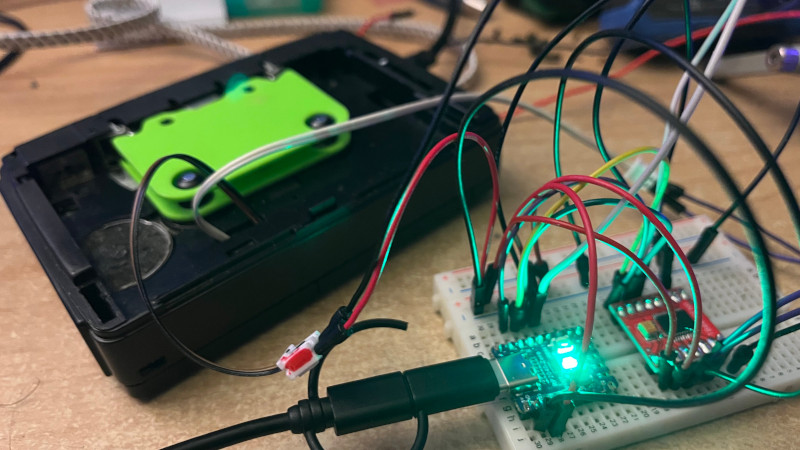























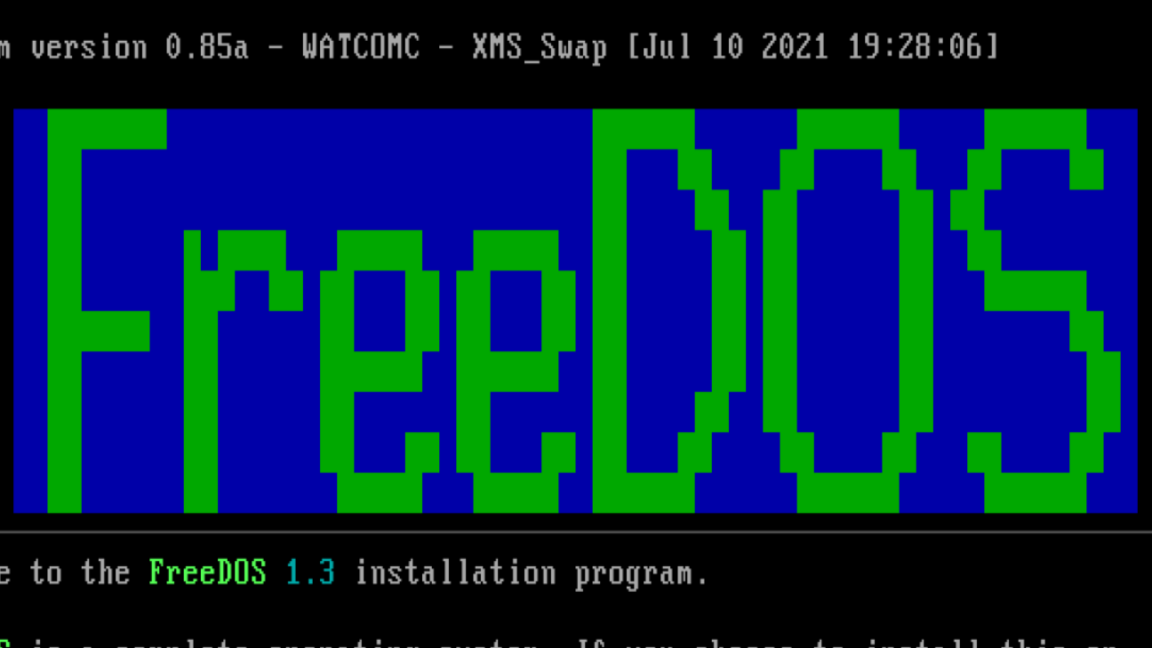























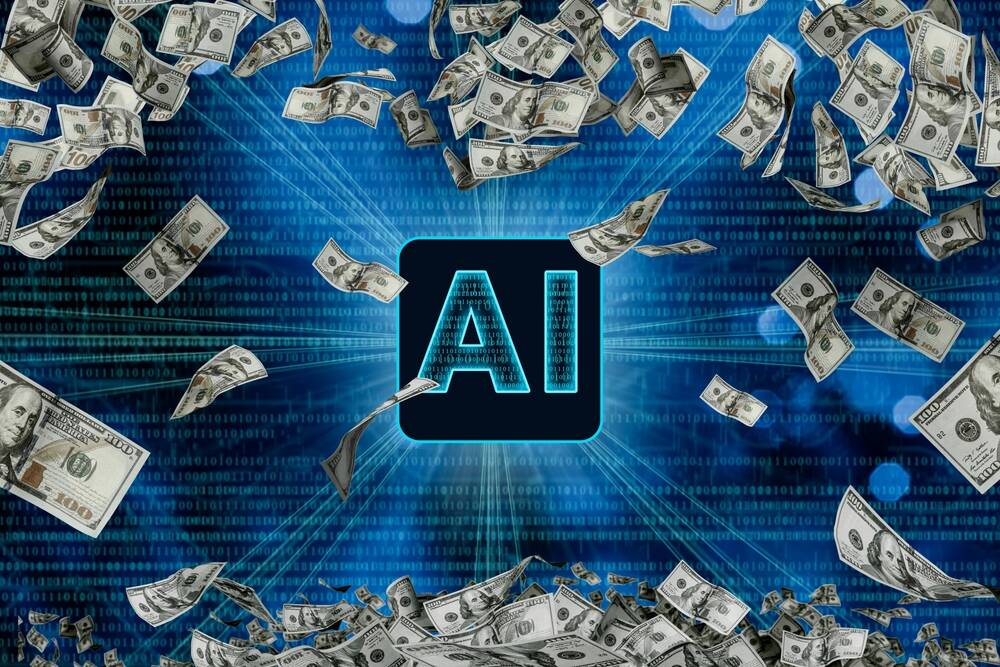

![Apple to Source More iPhones From India to Offset China Tariff Costs [Report]](https://www.iclarified.com/images/news/96954/96954/96954-640.jpg)
![Blackmagic Design Unveils DaVinci Resolve 20 With Over 100 New Features and AI Tools [Video]](https://www.iclarified.com/images/news/96951/96951/96951-640.jpg)










































